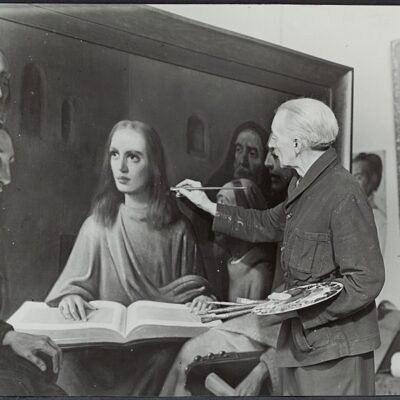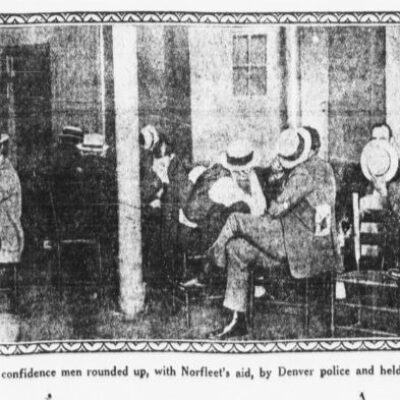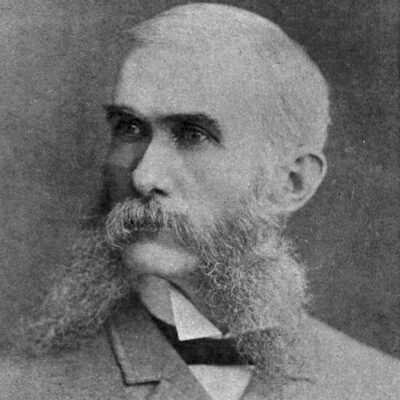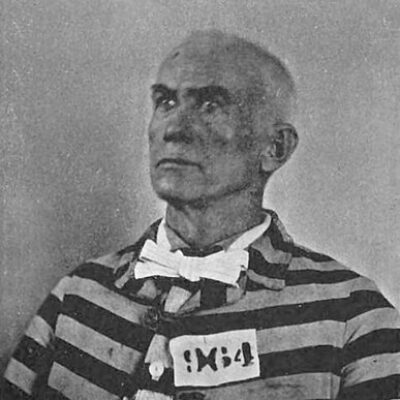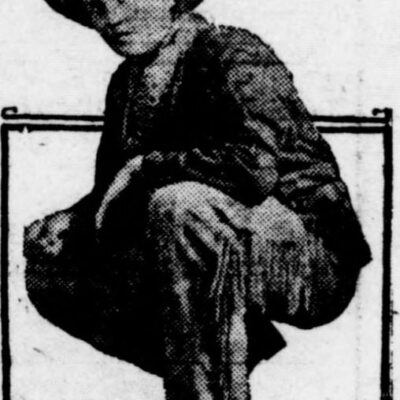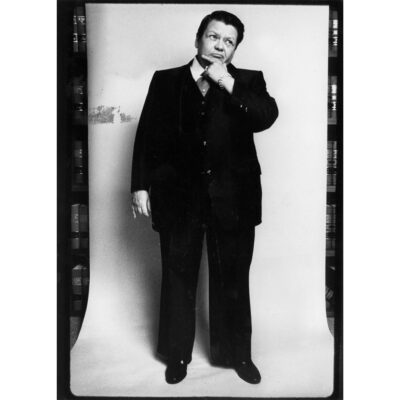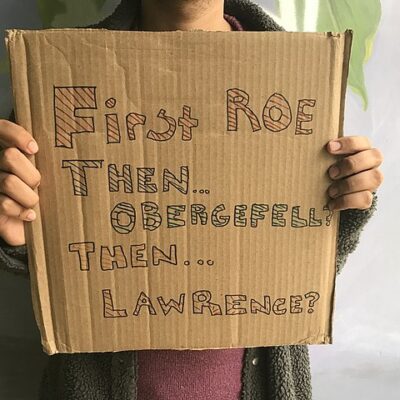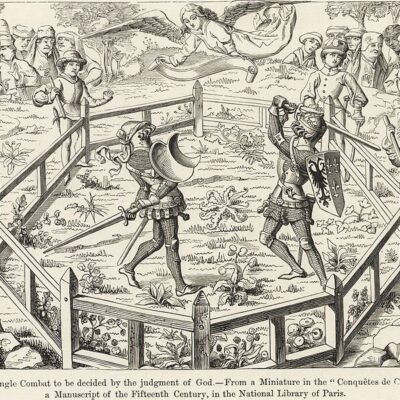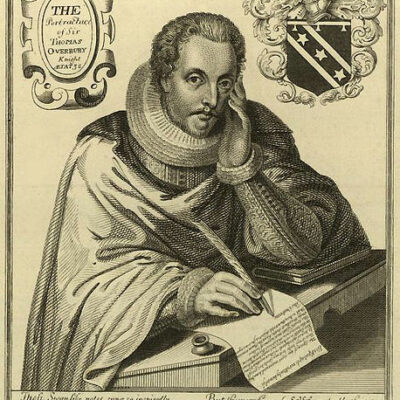
Criminal Records Podcast is a history show exploring the weird history of crime and punishment, from the earliest recorded murder case to the origins of laws that are in effect today. Join hosts Isaac Meyer and Demetria Spinrad on a wild journey through criminal justice systems all over the world.
You can listen to our episodes in any order, but we recommend starting with our most recent cases and working your way back through our catalogue. We’ve learned a lot about audio editing and structuring hour-long episodes since we first started in 2018!
Where to Listen
Want to hear new episodes as soon as they come out?
Not sure where to start? Listen to some of our fans' favorite episodes
Con artists and impostors Check out some of our best episodes about scams and lies throughout history
Queer history Learn about the history of sodomy laws, trans rights, and more
Magic, mysticism, and religion Witchcraft, spirit channelling, divine intervention, and other legal strategies
Episodes Listen in your web browser
Recent Episodes Find out more about these historic figures in our show notes
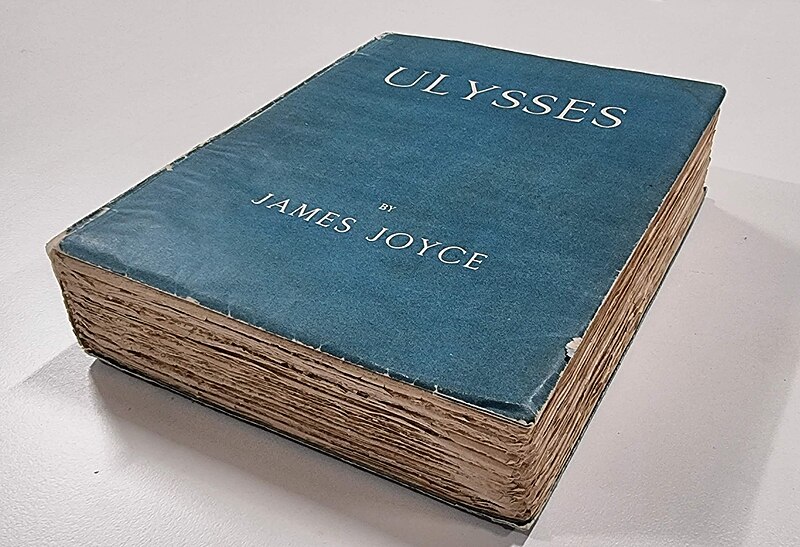
The Ulysses Trial
If the obscene material you’re distributing is so avant-garde that most readers can’t tell it’s actually obscene, did you commit a crime or not? This week, we’re getting into the trial of the scandalous literary magazine editors who brought the work of James Joyce to America.

Two small scams
Not all scam artists prey on suckers’ desire to get rich quick or cheat the system. Some of them prey on their marks’ better impulses, like their love for their pet dogs or their willingness to help a stranger in an emergency.
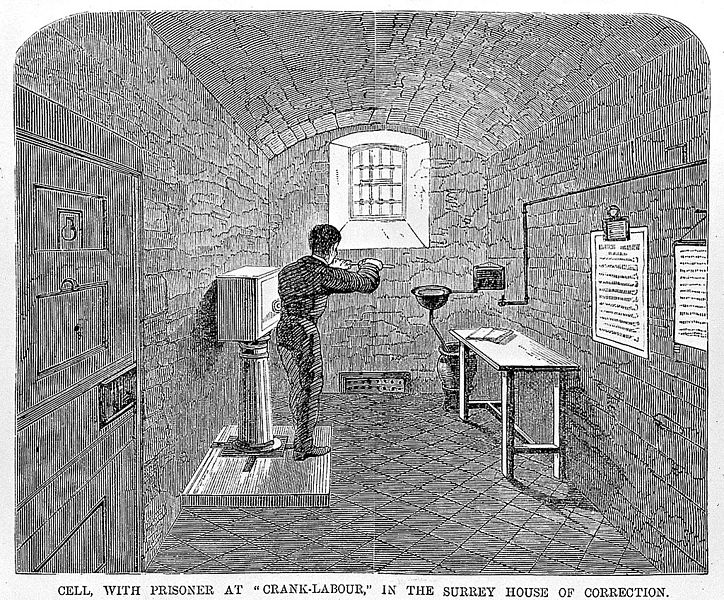
British Prison Reform
With options for getting rid of its convicts drying up, Britain started thinking about reforming both its prisons and the prisoners inside them. The intention behind these prison reforms was great. But attempts to create a better prison system involved wild philosophy experiments in real life, a lot of Bibles, a lot of time to think in silence, and… treadmills?
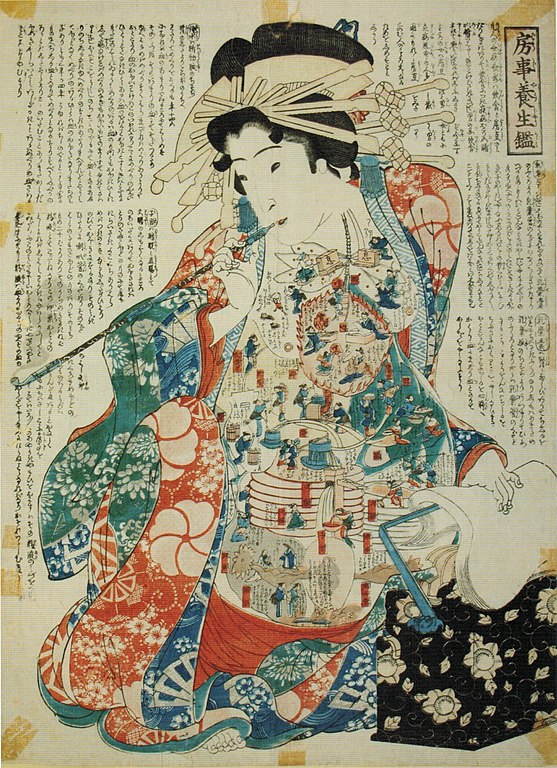
Abortion in Modern Japan
Is abortion legal in Japan? No, but also yes. Join us on a journey through history to learn about how modern abortion law developed in a legal system that didn’t treat fetuses as legal persons but did want to count them as future taxpayers.
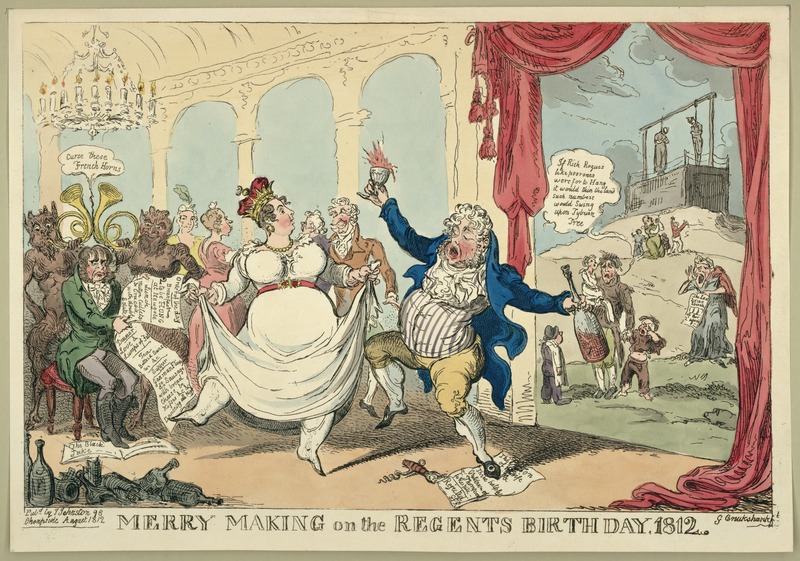
The Bloody Code
Under Britain’s most notorious era of criminal law, you could be sentenced to death for everything from destroying a fishpond…
Who We Are
Isaac Meyer is a historian, high school teacher, and podcaster. He started The History of Japan Podcast in 2013. Isaac believes that history should be accessible for everyone, both because it is important for us to know our common past and because really, who doesn’t love a good story?
Demetria Spinrad is an author and digital marketing professional. As a storyteller and a true crime fanatic, Demetria likes to use criminal records to help show you the humanity behind the history.




